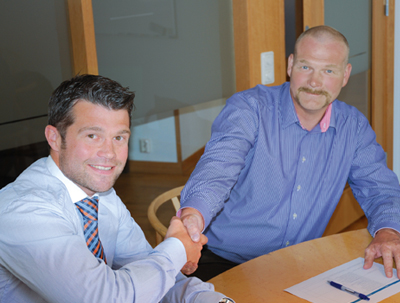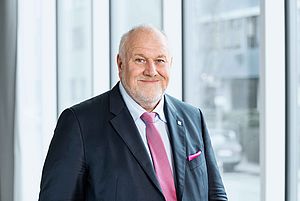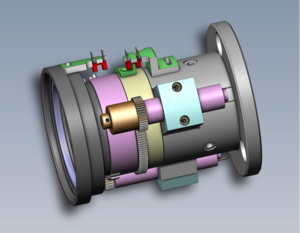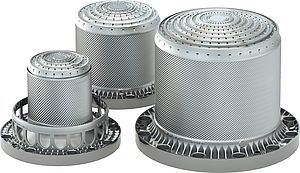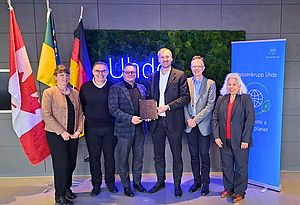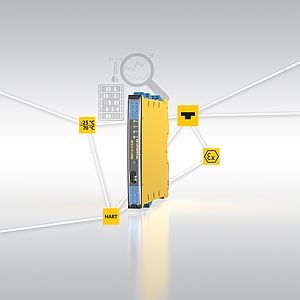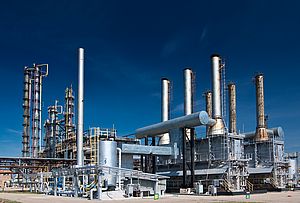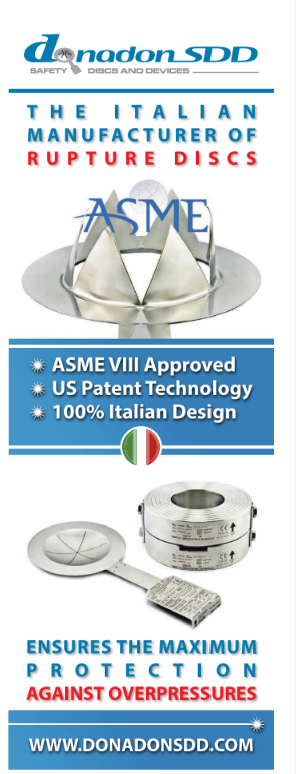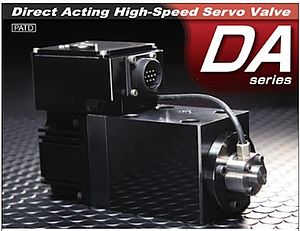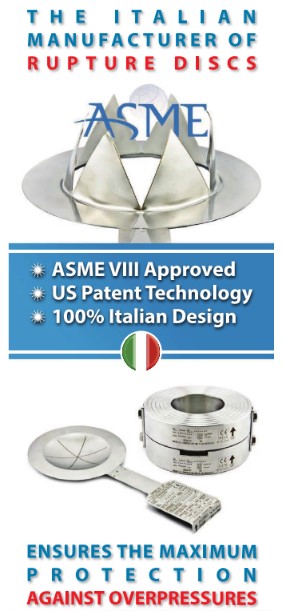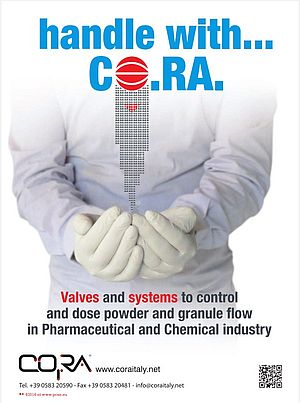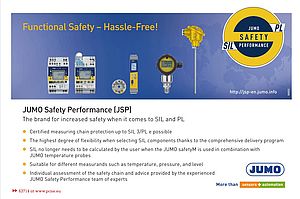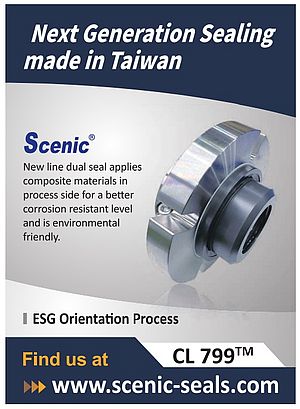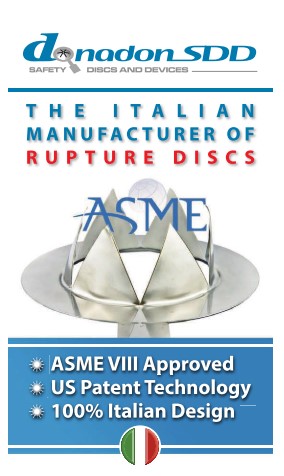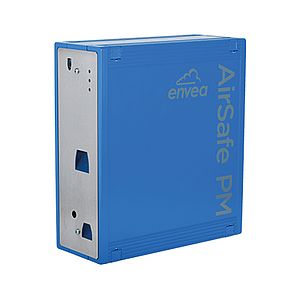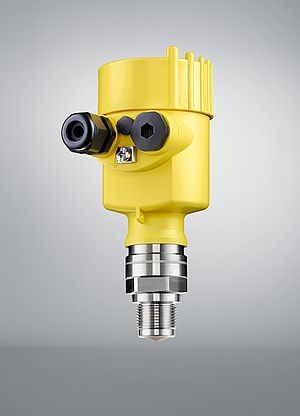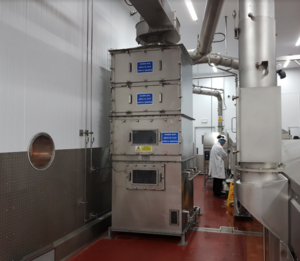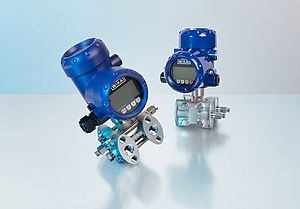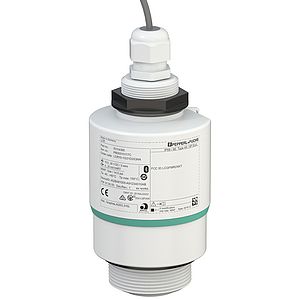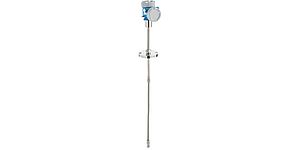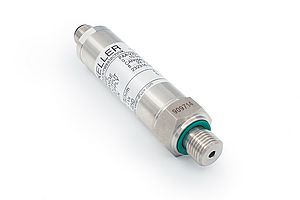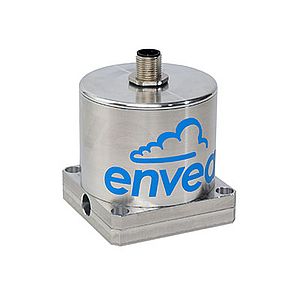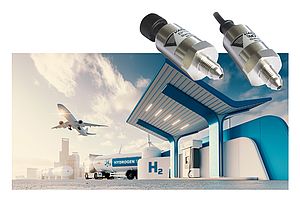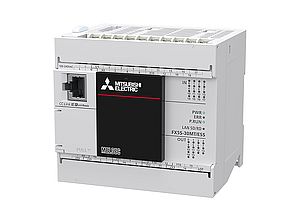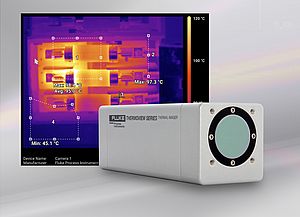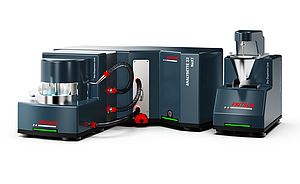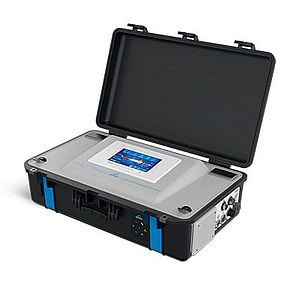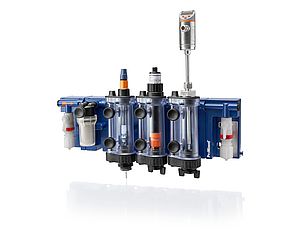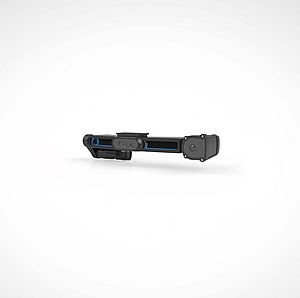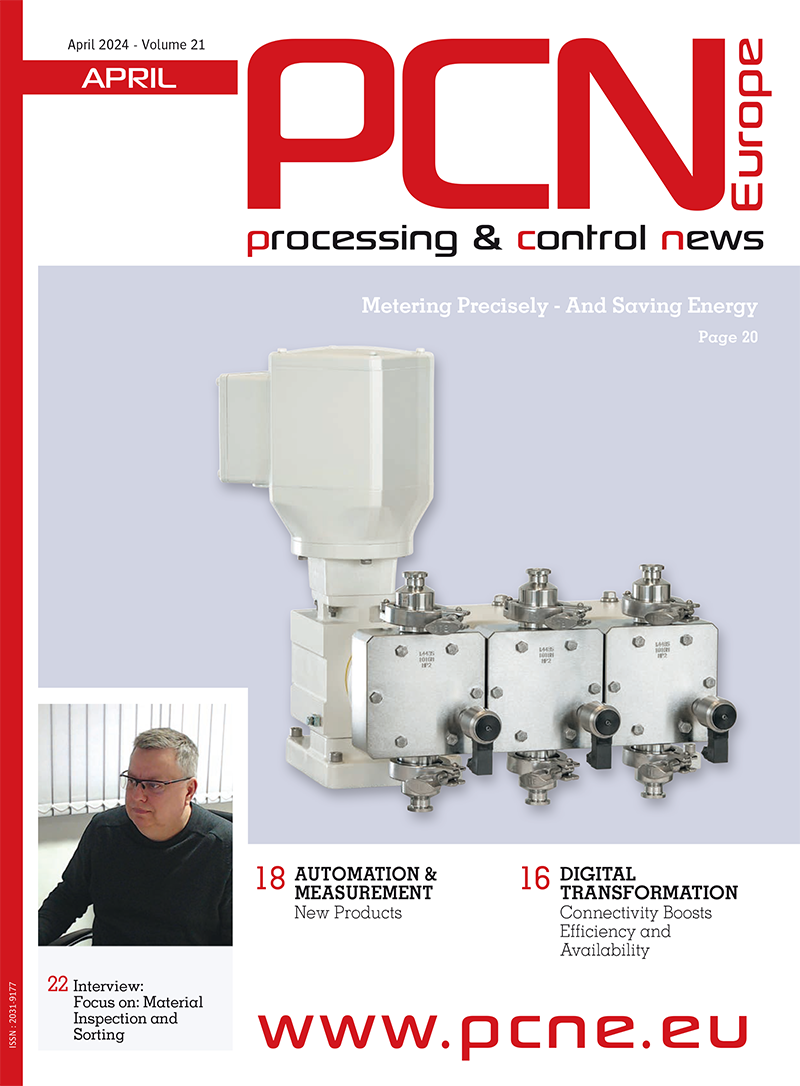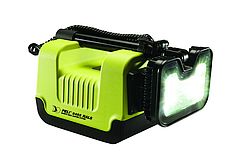SCHÜTZ Nordic, based in Kongsvinger, Norway, and the Swedish reconditioner All-emballage in Haninge, a town in Sweden close Stockholm, have started working together in a partnership. The new joint venture sees us particularly strengthening our position in the IBC and reconditioning segment as the market-leading supplier of industrial packaging solutions in the Nordic countries.
Until now, all SCHÜTZ IBC collection and reconditioning services in the Nordic countries have been provided exclusively by SCHÜTZ Nordic in Kongsvinger. The factory is located 100 kilometres to the north-east of Oslo. In August 2011, it relocated to a larger adjacent site and was modernised at the same time, including the installation of new production technology.
All-emballage, headquartered in the Swedish town of Haninge close to Stockholm, was founded in 1940 and origi-nally started out recycling steel drums and jerrycans. In 2000, Jonas Esping took over the company and established it as a specialist for IBC reconditioning. Since then, the company has grown to become one of the biggest companies in this segment in the Nordic region.
Effective immediately, both companies will be working together to recondition used containers. This move allows us to extend our service portfolio, and in addition to classic reconditioning and inner bottle replacement, we will now also be providing washing and other disposal services. Together with SCHÜTZ, All-emballage will now be extending and enhancing its IBC services in Sweden, providing additional advantages to customers and businesses dropping off empty containers.
The joint venture allows us to realign the our logistics in Scandinavia: the specific geography of the region, with it count-less islands, fjords and mountain ranges, poses considerable challenges for freight transport. With our new partner, we can continue to guarantee the swift collection and reconditioning of used containers. Shorter transport routes also help to cut back costs and generate less CO2emissions, which helps to protect the environment.
SCHÜTZ Nordic and All-emballage
sign joint venture agreement
- July 4, 2013
- 132 views


